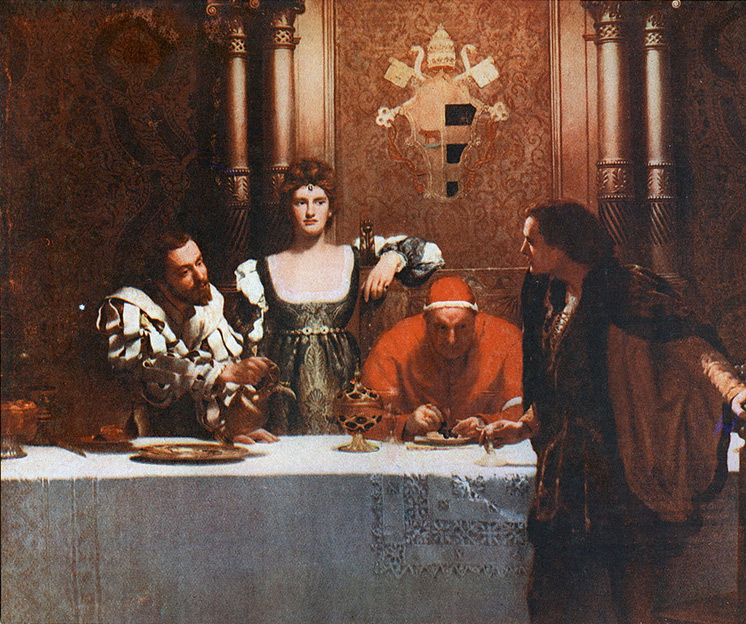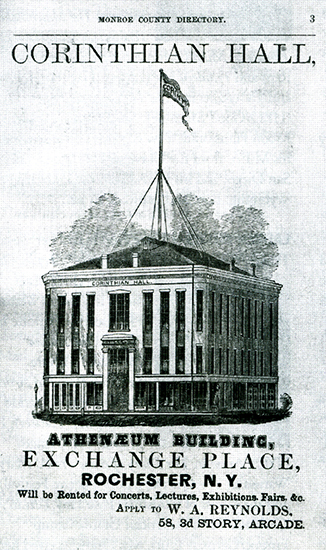Copy and paste as one line
http://ir.uiowa.edu/cgi/viewcontent.cgi?article=1832&context=etd<br>
We are often startled by close, sudden, and unexpected encounters with birds when they fly away from their hidings spots. In a fraction of a second, the feeling is like the heart fluttering in rhythm with their wings as our minds try to contemplate where the bird is going next. This may be due to most birds having higher metabolisms that humans, as second to us might be like 20 seconds to them. Readers might not start to feel such sensory effects that Poe intended until they reach the purposefully capitalized "R" of the symbolic Raven as the bird figuratively flies over Poe's head and human senses and into his bed chamber, mind, and poem. Walt Whitman also uses similar bird mannerisms to produce heightening sensory effects in "A Word Out of the Sea": ...."From such, as now they start, the scene revisiting,
As a flock, twittering, rising, or overhead passing,
Borne hither—ere all eludes me, hurriedly,".... "every day the he-bird, to and fro, near at hand"...."Over the hoarse surging of the sea,
Or flitting from brier to brier by day,
I saw, I heard at intervals, the remaining one, the
he-bird" .... "O night! do I not see my love fluttering out there
among the breakers?" Both authors are moved enough to "speak" to the birds which symbolize their both authors' states of despair and mourning. Adam Cunliffe Bradford touches on this in his book, "Communities of death: Walt Whitman, Edgar
Allan Poe, and the nineteenth-century American
culture of mourning and memorializing", "Whitman’s songs, spurred to life by the
mockingbird’s aria and sung in response to it, necessarily weaves the previous melodic elements of both of
these songs into his own transcendent aria"
Bradford, Adam Cunliffe. "Communities of death: Walt Whitman, Edgar Allan Poe, and the nineteenth-century American culture of
mourning and memorializing." PhD (Doctor of Philosophy) thesis, University of Iowa, 2010.
http://ir.uiowa.edu/etd/647. **





 Sara Willis here relates to Thoreau's disdain for those who seek to destroy their opponents and obtain a majority who makes all of the important decisions.
Sara Willis here relates to Thoreau's disdain for those who seek to destroy their opponents and obtain a majority who makes all of the important decisions. 
 As the women's right movement continued to burn on in the 19th century, Sojourner Truth made the fire burn brighter. She was an orator, and with all of her speeches and Elizabeth Stanton/Susan B. Anthony's activism for women's right, men started to become worried. They became "confused" as Truth puts in, because women were starting to fight back about injustice. The men were at risk of losing their power (the control they've always had over women for centuries) and they "don't know what to do".<br>
The picture I chose to add displays the authority/power men had over women in the 19th century.
As the women's right movement continued to burn on in the 19th century, Sojourner Truth made the fire burn brighter. She was an orator, and with all of her speeches and Elizabeth Stanton/Susan B. Anthony's activism for women's right, men started to become worried. They became "confused" as Truth puts in, because women were starting to fight back about injustice. The men were at risk of losing their power (the control they've always had over women for centuries) and they "don't know what to do".<br>
The picture I chose to add displays the authority/power men had over women in the 19th century. .
. 


 "Posts about The Tombs New York City on Ephemeral New York." Ephemeral New York. N.p., n.d. Web. 24 Mar. 2017.
"Posts about The Tombs New York City on Ephemeral New York." Ephemeral New York. N.p., n.d. Web. 24 Mar. 2017.